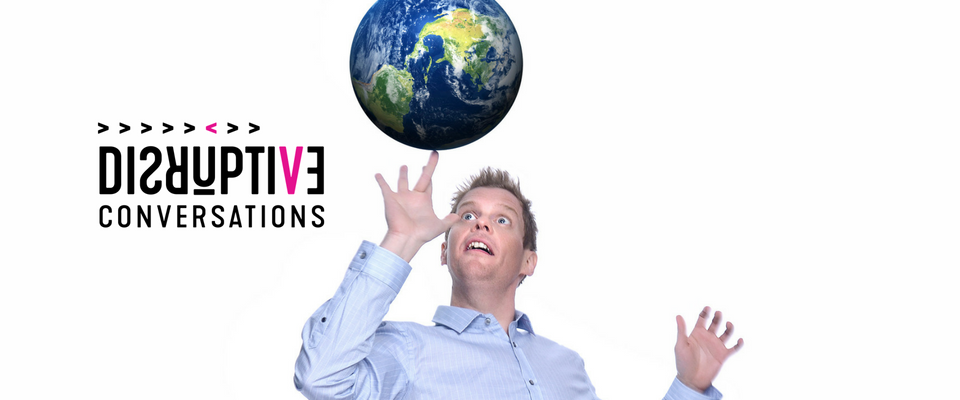Marc Winn is on a mission to make Guernsey, a small island in the English Channel between France and the United Kingdom, the best place to live by 2020. His goal is audacious, but his lessons and approach are powerful.
Firstly, Marc is bringing his mission to life one coffee meeting at a time. He calls it making change at coffee scale. An approach that resonates with my own approach that assumes that changes happens by changing the conversation. Coffee is one of the hallmark spaces for great conversations.
During this episode, Marc makes the observations that as a society we are getting wealthier and wealthier. Yet with increasing wealth, we see increases in poverty and mental health challenges. For him, something is wrong with a world where a few people are getting more and more wealthy, while others struggle to find a place to thrive. For him, setting the western model as the north star, the destination to be followed, is problematic. He is trying to reimagine the way we think about development.
When I asked him what sector or system he is trying to disrupt, he reminded me that he does not use the word disrupt because it scares people off. Marc is not trying to disrupt, instead he is trying to reimagine his community. His thesis is that because he is on an island, it will only take a few people doing brave new things to bring forth a new future. Additionally, he sees many of the problems on islands as being cross-sector. If you compare that to how problems are solved in larger communities, there is a tendency to silo problems. For Marc, one of the major advantages of being on island is that the problems are cross siloed. Islands, from his perspective, have the potential to set an example for how we problem can solve problems.
Take educations for example. For March, within education, there is an implicit assumption that better grades are likely to increase your chances of making more money. For Marc, both the destination and the journey are problematic. Instead, he asks, what if you designed the school system so that people are healthy and happy instead of designing a system that focuses on getting good grades. How might we reimagine education?
One of the biggest lessons Marc has had is that people take very rational approaches to change and get irrational responses. We need to learn to serve people when they are ready to be served. Change is not about being in control, it is about learning to follow what is emerging. He compares his approach to building the future by contrasting Boxing and Martial Arts. One is a more confrontational sport, he argues, while the other he describes as subtle, where you use the other person’s energy against them. For him, when we think about building the future, when we think about making massive change, we need to keep in mind that when the desert is barren, it is hard to believe that when the rain comes the flowers will bloom.
